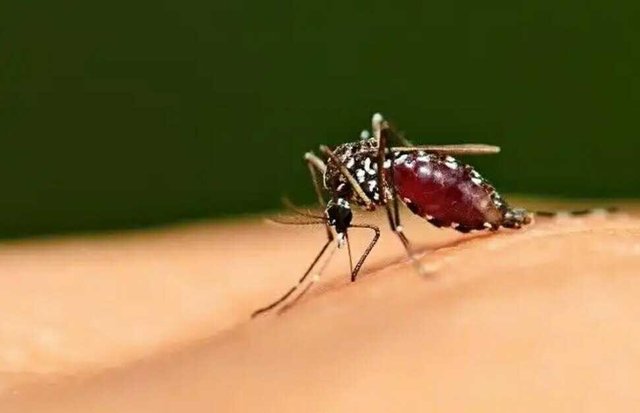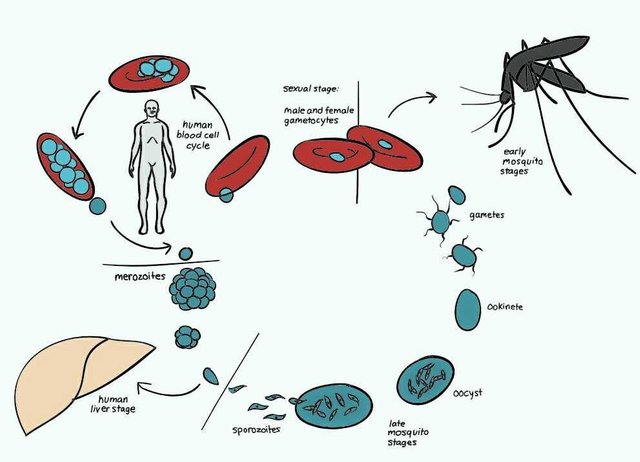How to prevent malaria

Malaria is a disease that spreads through the bite of an infected parasite. Malaria infection can occur only with one mosquito bite. If not treated properly, the disease can cause death.
Malaria is rarely transmitted directly from one person to another. This disease can be contagious in case of direct contact with the blood of the patient. The fetus in the womb can also be infected with malaria by contracting from the mother's blood.
Malaria Patients in Indonesia
Indonesia and other countries around the world join in a global commitment that is Millennium Development Goals (MDGs) to eradicate a number of diseases, one of them malaria.
The incidence of malaria in a region is determined by Annual Parasite Incidence (API) per year. The API itself is the number of malaria positive cases per 1,000 population per year.

The MDGs program continues to show success, as indicated by the malaria API in Indonesia which continues to decline from 2011 to 2015. In 2011, there were 1.75 cases of malaria per 1,000 population, whereas in 2015, the number decreased to 0.85 malaria cases per 1,000 population.
Despite the significant decline, Indonesia is still not free from malaria, especially in eastern Indonesia. Areas such as Papua, NTT, Maluku, and Bengkulu are the largest contributors to the incidence of malaria in Indonesia.
Malaria Symptoms
Malaria symptoms usually appear between one to two weeks after the body is infected. Symptoms can also appear a year after mosquito bites, but the case is rare. Malaria symptoms generally consist of fever, sweating, chills or chills, vomiting, headaches, diarrhea, and muscle aches.
If you have already experienced the symptoms of malaria, see your doctor immediately to be diagnosed and treated as soon as possible. Malaria can be easily diagnosed by simple blood tests.
Parasites Cause Malaria
Malaria is caused by Plasmodium parasites. There are indeed many types of Plasmodium parasites, but only five types cause malaria in humans. Plasmodium parasites are only spread by Anopheles female mosquitoes. Two common types of parasites in Indonesia are Plasmodium falciparum and Plasmodium vivax.
Malaria mosquito bites are more common at night. After the bite, the parasite will enter the bloodstream.
The spread of malaria can also occur through blood transfusions or through the use of syringes alternately. Although this case rarely happens, you still have to be careful.
Treatment of Malaria
Malaria patients can recover completely if treated and treated properly. Various types of antimalarial drugs are used to treat and prevent transmission of malaria.
Drugs given depend on several things, namely the severity of the symptoms, the type of parasite that causes it, the location of transmission of malaria, as well as patient condition. If the patient is pregnant, the treatment will be differentiated from those who are not pregnant.
Complications of Malaria
Malaria disease will have a worse impact if it occurs in pregnant women, infants, small children, and the elderly. Malaria has the potential to make the body's resistance decrease drastically in a short time. Therefore, the handling needs to be done quickly.
If malaria is not treated early, it can cause complications such as dehydration, severe anemia, organ failure, and other conditions.
Prevention of Malaria
Basically, malaria can be avoided. To prevent transmission of malaria, the Indonesian government has implemented various programs, such as mass blood tests and free antimalarial drugs in malaria endemic areas such as in rural areas in Papua and Nusa Tenggara.
Avoiding yourself from mosquito bites is the most important way to prevent transmission of malaria. You can wear mosquito nets to cover the bed during sleep, remove puddles around the house, use insecticide lotion, and use clothes or blankets covering the skin of the body.